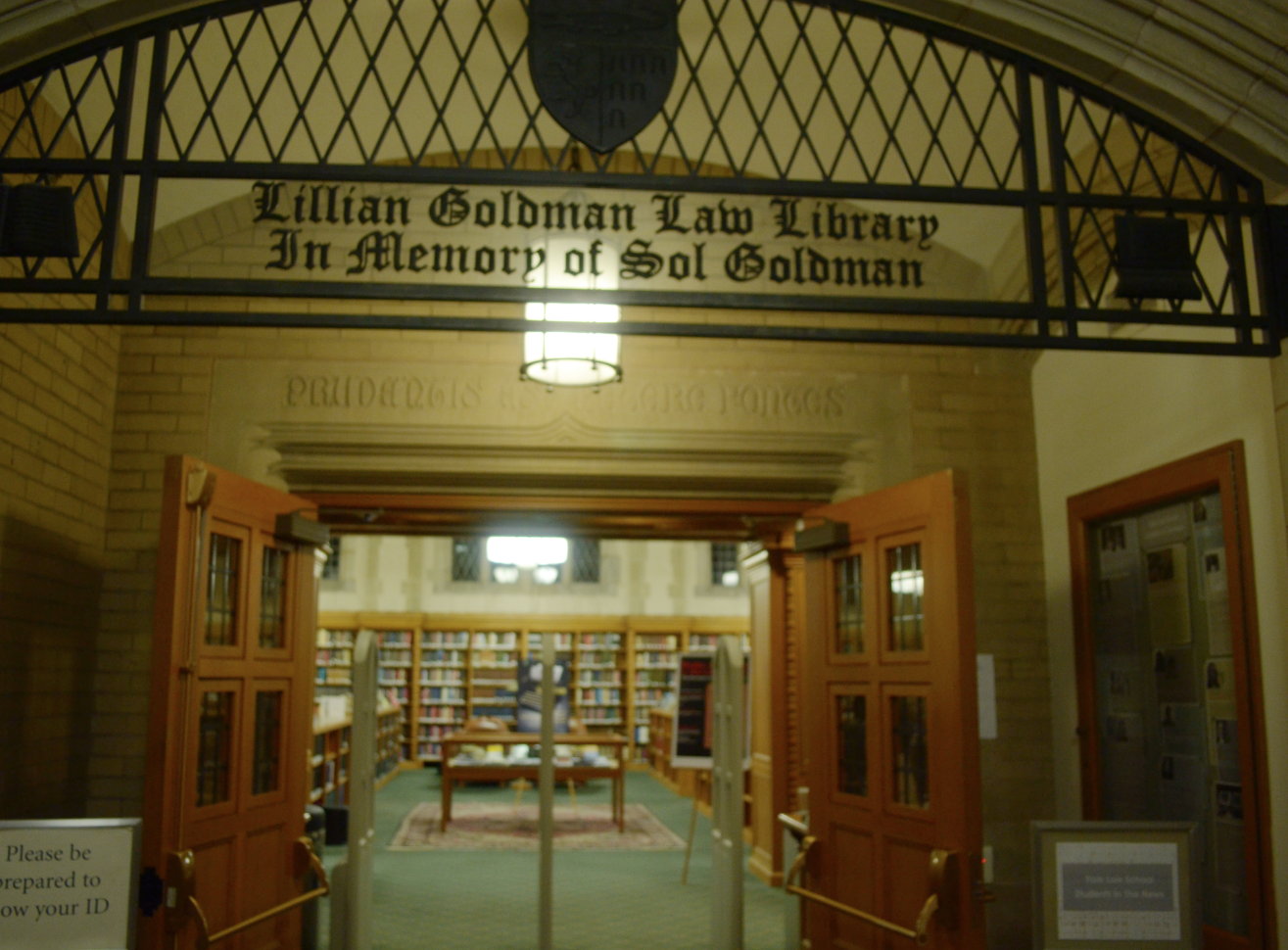
As of last month, Connecticut libraries no longer have to pay to borrow books from the University’s collection.
Utilized around the world, the Interlibrary Loan service allows libraries to borrow materials from each other. While Yale has offered this service in the past in conjunction with other libraries in Connecticut, the University previously charged a fee for materials that were lent out. However, following a pilot program last summer during which Yale began offering free interlibrary lending, the University library system made the change permanent at the end of February. University Librarian Susan Gibbons said the change has allowed Yale to better serve the broader community without taking on any substantial financial burden.
“It makes a lot of sense as a community partner to provide our fellow Connecticut partners with free loans,” Gibbons said. “In terms of what it does for us, these are colleagues whom we work with all the time so its good to have positive relations.”
Yale launched the pilot program in July 2015 because the Connecticut interlibrary loan system, called reQuest, was being discontinued and a replacement was not yet available. Gibbons said the main impetus behind the pilot was to help ease the transition process as statewide libraries were unable to borrow from each other in the interim. Associate Director for Resource Sharing and Reserves Tom Bruno explained that the previous system served as a large online catalogue which allowed libraries to view, access and request each other’s holdings. The new Interlibrary Loan service works similarly, except now all exchanges with Yale are free.
Prior to the transition, Yale was the only school in the Ivy League that did not offer book-loaning services for free to other libraries. Director of Access Services for Sterling Memorial Library and Bass Library Brad Warren said Yale had previously only been lending books for free to nearby institutions Wesleyan, Trinity and the University of Connecticut. Other Ivies already had arrangements within their states in which they provided materials from their collections at no cost, and Yale was a noted exception, he said.
Bruno said that in the past, Yale University libraries charged other libraries between $10 and $20 for individual book loans. That fee covered the cost of labor and shipping, he said, and was meant to be a recovery fee, not a source of revenue. Looking at the number of items borrowed during the pilot — which lasted until December — library administrators determined that the total amount of loans constituted a small enough percentage of the library’s year-end revenue that it could be absorbed, Bruno said.
“We knew a lot of libraries would be very hard pressed getting materials for their patrons during this period because so many people rely on reQuest for getting books and we thought by offering our books for free, we could help out in what little way we could,” Bruno said. “Based on how much good will that engendered us and seeing that we weren’t really breaking the bank by meeting this need, we decided we wanted to make it a permanent feature.”
Gibbons added that since the previous transaction method involved processing checks, the new cost-free system pays for itself by affording library faculty more time.
Access Services Librarian at the Yale Law Library Julian Aiken said the average charge for books loaned from the Law Library under the old system was also $10, but said requests were rare.
Bruno said the number of exchanges made during the pilot program was 150 percent higher than the amount during the entire previous year. He added that the total number of books lent out during the pilot program was roughly 600.
All Connecticut libraries can submit their loan requests online. Texts are available from Sterling Memorial Library, the Cushing/Whitney Medical Library and the Lillian Goldman Law Library to all Connecticut public libraries and college libraries.
“Yale libraries don’t get any tangible benefits from this apart from the fact that we are supporting our local communities,” Aiken said. “Public libraries in the past have been described as our street-corner universities and this is just a small contribution to make our materials as widely available as possible.”
Sterling Memorial Library’s tower houses over 4 million volumes.







